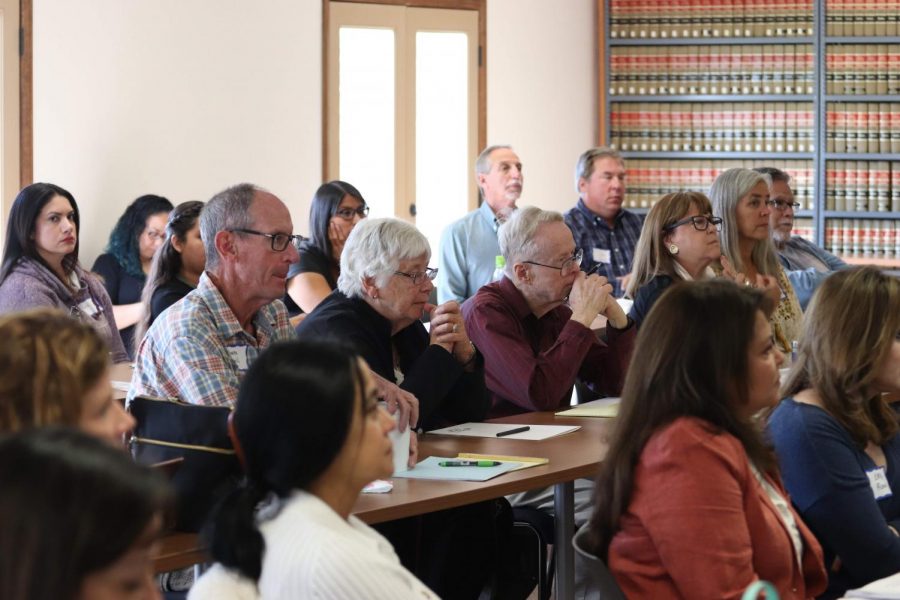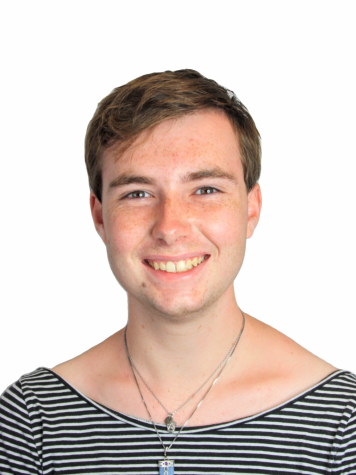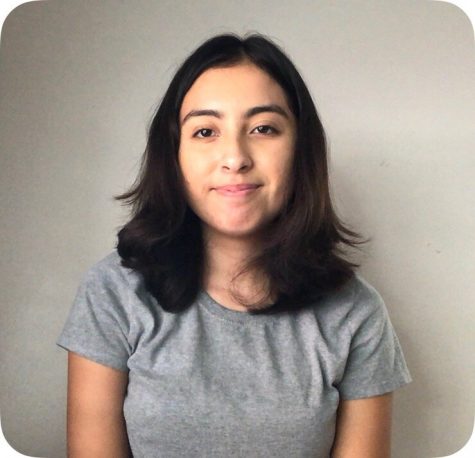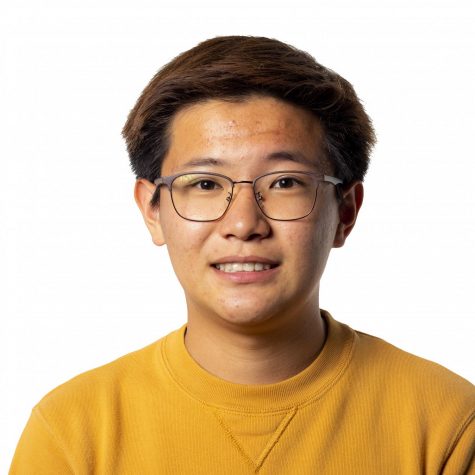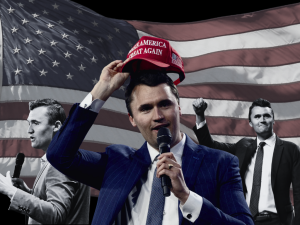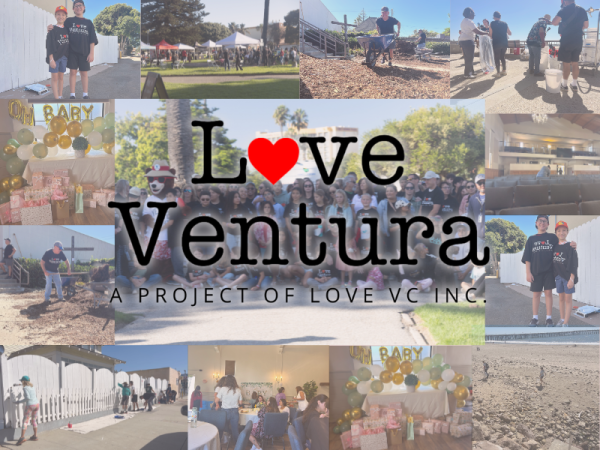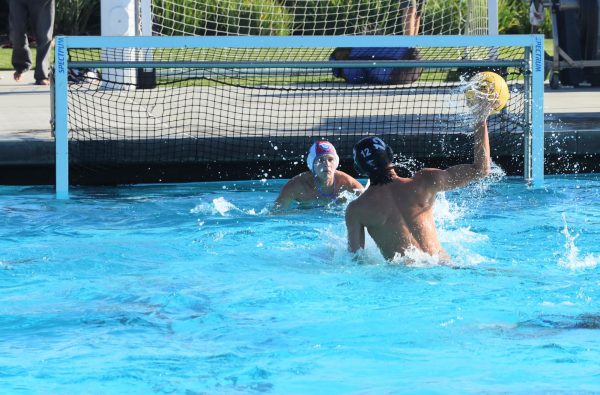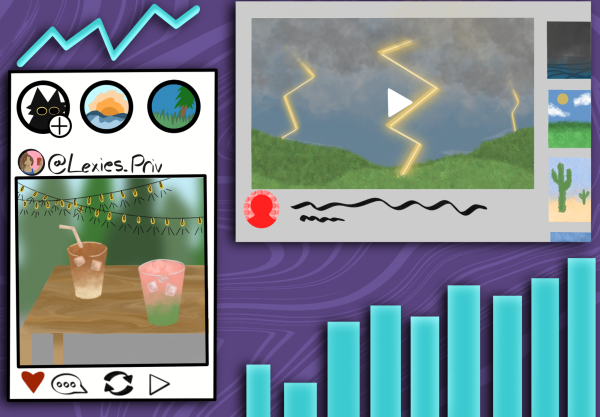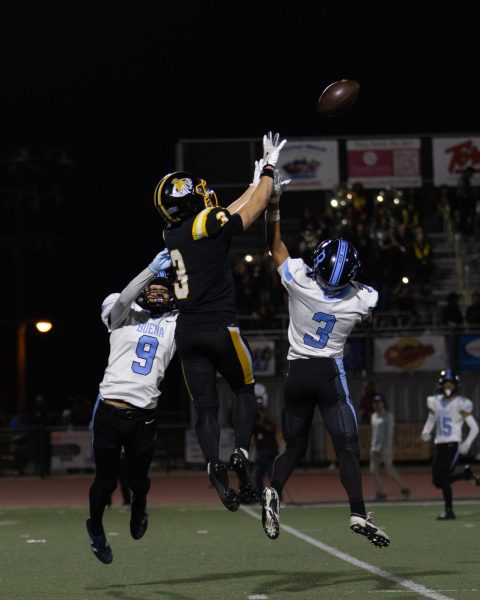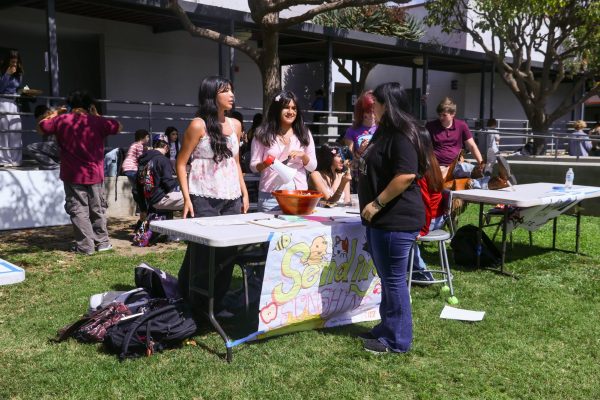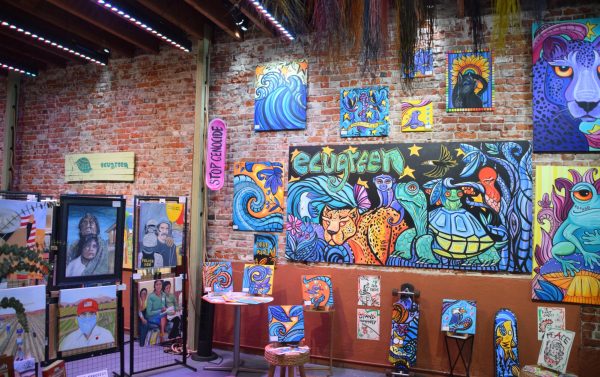Asylum Advocacy Conference Inspires Many
November 15, 2019
In an effort to bring awareness to the current immigration crisis, The Law Office of Vanessa Frank organized an Asylum Advocacy Conference on Nov. 2 that highlighted the strength and passion of migrants and advocated for the rights of asylum-seekers not only in America but around the world.
Frank, an immigration lawyer and owner of her own law firm, planned the event with the help of her staff to incite discussion on the current issues regarding migrants and asylum-seekers. Frank stated that “[her] inspiration was actually Ventura County, there are so many people […] who are so dedicated to doing this work and to raising up the voices of migrants and asylum seekers and marginalized people.” She also claimed that the conference was a way in which people could, “find a way to get involved.”
The day-long event was filled with various activities, starting off with ice-breakers for the attendees, giving everyone a chance to meet new people. Once everyone had gotten a chance to get to know the people around them, the conference moved on to clearing up common misconceptions regarding immigration in order to give context to the meeting by making true-or-false statements such as, “The U.S is the only country that accepts refugees,” and “Refugees pay zero taxes.”
As part of the introduction session for community members (those looking to volunteer and educate themselves on the topic), four guest speakers came to inform others on their experience either as a migrant themselves or from purely an activist standpoint.
The first to share were Jorge Perez and Jose Bladimir, both of whom are migrants from El Salvador and received help from the transborder non-profit organization Pueblo Sin Fronteras. Bladimir opened up about the six months he spent detained in a detention center where he and many other detainees, as a response to the poor and inhumane treatment, started a hunger strike which was welcomed with pepper-spray and hot showers by the officers.
“Después de eso, no teníamos acceso a ningún abogado o fuerza legal,” explained Bladimir when describing the consequences they face because of their actions; everyone who participated in the hunger-strike was blocked from any and all legal contact. After being released on a 30-thousand dollar bond, he was given a place to live as a part of Pueblo Sin Fronteras, through which he met Perez and started fighting for detention center closure.
Following Bladimir and Perez, David Gonzalez introduced himself by stating he was, “undocumented and unafraid.” He arrived in the U.S at the age of nine from Mexico to meet with his parents who made the journey a few months before he did. Gonzales spent much of his childhood not realizing what being undocumented really meant until his father was deported in 2011.
“I was in a very dark place, but with help from the clubs at school from people like me, I slowly started feeling better,” Gonzales explained. He eventually decided to dedicate his life to helping migrants so they can receive the help his father, whom he hasn’t seen in several years, wishes he had. Gonzalez is achieving this goal by studying to become an immigration lawyer himself.
Julie Diaz Martinez, an activist with a master’s degree in architecture from UCLA, followed Gonzales by demonstrating her passion for migrant rights by introducing a few of the 13 activist organizations she’s a part of. Two of the 13 she explained are VCAPS and Swap Meet Justice which fight against the illegal use of pesticides on fields, which disproportionately affect migrant workers, and help with Deferred Action for Childhood Arrivals (DACA) and green card renewal.
Followed by the various speakers the second session persisted of a panel in which Frank served as the moderator and featured Mariana Marroquin, director of the Trans Wellness Center, the Hon. Bruce J. Einhorn, an immigration judge, and Judy London, directing attorney of Public Counsel’s Immigrants’ Rights Project. They started by stating what they hoped attendees would learn from the panel discussion. Einhorn’s goal is to eliminate stereotypes and he shared there is a common misconception that there is an asylum law in America. London wants to make sure the statutes of law would not be undone. And Marroquin hopes LGBTQ+ people who escaped to the U.S. can find a safe refuge here. She came to the U.S. after surviving a trans-hate crime and thinks communication is essential to progress.
“I believe we need to have more compassion for each other,” said Marroquin. “And I think we need to learn the things that we need to improve and the only way we are going to that is talking to each other[…] We need to identify the things we have in common and that’s important.”
The speakers were also asked, “how immigration judges were trained when someone comes in before them.” Einhorn explained that asylum is one of many issues in the immigration process and that judges should receive extensive training in this area before being appointed. London expanded by saying people needed more support and to think more broadly in this process.
Before ending, the speakers were asked to share any final remarks. Marroquin shared a compelling story of a federal judge who had been persecuted because of their ethnic background. In order to help, they encouraged citizens to call politicians and ask about what funds are going toward immigration issues. They also encouraged attendees to join more progressive groups.
The final session featured a Q and A with lawyer Judy Wood and the screening of a feature film Saint Judy. The move is about Wood’s real-life first victory in the 9th Circuit Court of Appeals gaining asylum for an Afghan woman persecuted for educating girls. In her career, Wood constantly meets abused and disrespected women every day and believes all abused women deserve asylum. Despite her achievements, she has had to overcome challenges, including being “hit by a truck when she was 15 years old and going into a coma.” Nevertheless, she persevered to make a difference in other people’s lives.
People left the conference the conference feeling hopeful, knowing that they could make a difference.

